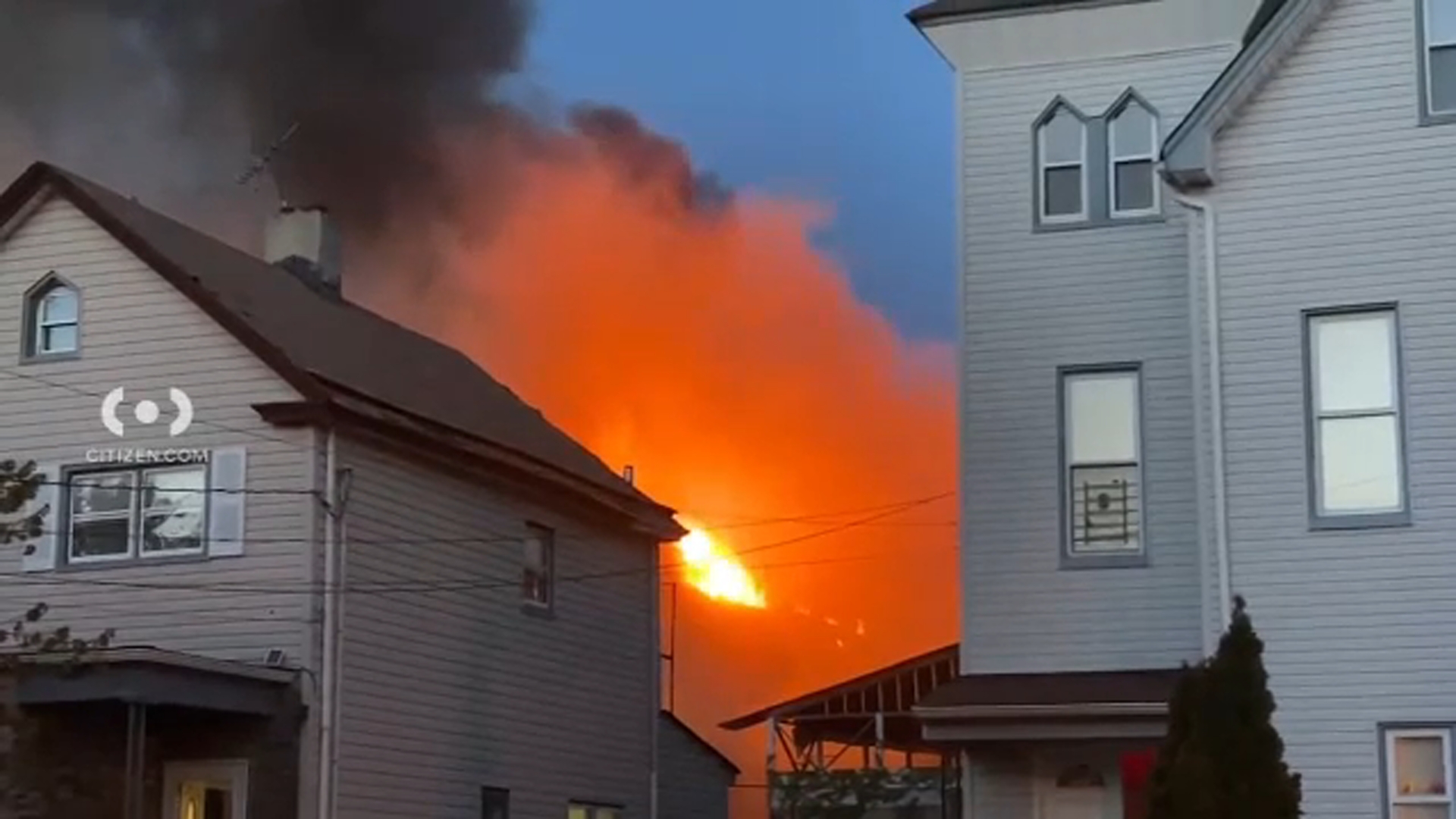Filmmaker Al Maysles lives on in younger generation at Harlem cinema

HARLEM, Manhattan (WABC) -- The Maysles Documentary Center is designed to be a focal point for film above 125th Street in Harlem, where a younger generation of filmmakers are being trained to make documentaries using new technology that's bringing film-making within reach for almost anyone.
It was conceived by the late Al Maysles, who is best know for movies such as "Grey Gardens" and "Gimme Shelter." His films are among the most famous documentaries ever made, but they are only part of his legacy. He was determined to help the community he called home.
"He felt that it was important for everyone to have a voice," daughter Rebecca Maysles said. "And I think that he really felt documentary films should be open to as many people as possible."
At The Maysles Documentary Center, young men and women are given the tools they need to express themselves.
"It's a good vibe," student Denzel Walker said. "It's not like school. This is nothing like school. You come here with your own ideas."
And that, Rebecca Maysles said, is part of the experience.
"They teach them every part of film-making," she said. "So they teach them camera work and editing and all the different steps that are able to make a stronger film."
Hatuey Rodriguez is one of the best and brightest to go through the program.
"I mean, from The Maysles Cinema, I was able to sort of learn what I really wanted to do professionally and artistically," he said.
Rodriguez started at the cinema as a young teen in junior high, and today, he is a college intern.
"Being a minority, I felt there were a lot of stories that sort of go under the radar," he said. "And I felt I could utilize the sort of visual storytelling skills to
bring that into the mainstream and present it to people who otherwise wouldn't be able to see it."
At a time when the film industry has drawn fire for its lack of diversity, programs such as this one are more important than ever.
For more information, visit Maysles.org.





